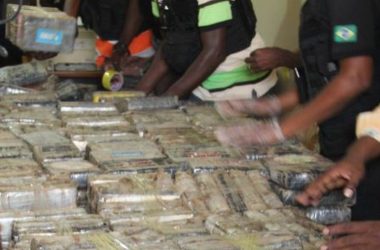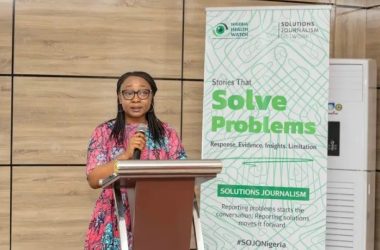
(JollofNews) – Guinea-Bissau’s President Jose Mario Vaz dissolved the government on Monday in an attempt to solve a political succession crisis that has paralysed the tiny west African state.
Guinea-Bissau has been in the throes of a power struggle since August 2015, when Vaz sacked then prime minister Domingos Simoes Pereira, leader of the ruling African Party for the Independence of Guinea and Cape Verde (PAIGC).
Two factions of the ruling PAIGC have failed to resolve their differences over Pereira’s successor, Baciro Dja, since he was given the job in June, with some lawmakers refusing to work with him.
The president said he was dismissing Dja’s administration to follow through on an agreement reached between both sides in neighbouring Guinea last month, with a view to ending the crisis.
“Putting into action the Conakry accord means the government resigning,” Vaz told gathered journalists in the capital, Bissau.
“This agreement did not provide for a unanimous choice of prime minister but one by consensus, and consensus has not been reached, forcing me as head of state and guardian of the constitution to take my responsibilities,” the president said.
This would involve “dismissing the government and naming a new prime minister who will be charged with forming an inclusive government to pull the country out of this crisis”, he added.
The timeframe for naming the new prime minister was not fixed during Vaz’s declaration, but, when contacted by AFP, a source at the presidency said this was likely “in the next few hours”.
President Vaz said that negotiations with 15 dissenting lawmakers last week had not succeeded, adding that without them the Conakry accord could not be fully implemented.
Talks mediated by Guinean President Alpha Conde had envisaged naming a new prime minister, putting together an “inclusive” government and reintegrating the lawmakers into the PAIGC.
A delegation from west Africa’s ECOWAS regional bloc demanded on November 6 that Vaz name a new prime minister and deal with the dissenting deputies with the aim of resuming parliament’s normal functions.
Guinea-Bissau has been plagued by military coups and instability since its independence from Portugal in 1974.




